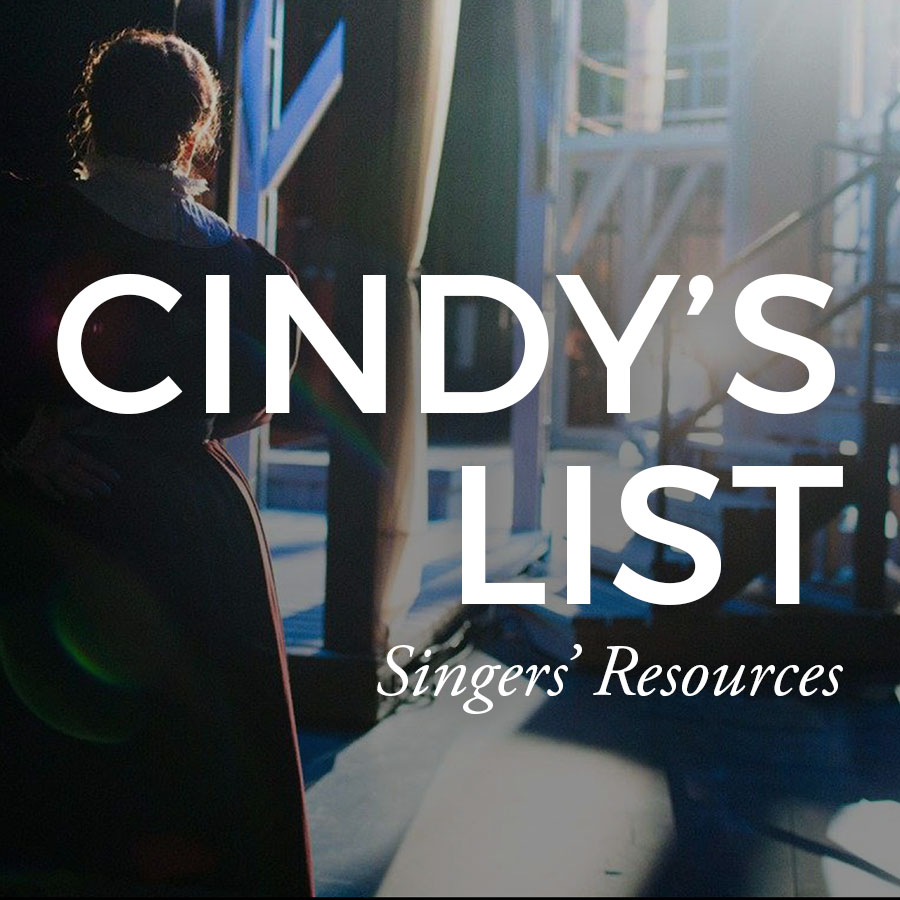“When do we finally get treated with the respect we deserve?” asks a free-lancing singer. They were recently offered below-minimum-wage hourly pay for a chorus gig with a significant, uncompensated commute.
Laughably low pay and expecting artists to bear part of the cost of their own employment (audition fees, uncompensated travel and lodging, schedules which don’t accommodate the day jobs that are paying the bills, etc.) is standard operating procedure for the arts. The exceptions are the elite few who reach a certain level of celebrity, and orchestral musicians, who have a very strong union.
AGMA, the singers’, dancers’, and stage managers’ union, is comparatively weak and limited in its influence. However, it does pretty well for its choristers. Choristers are an organized group; choristers stay in one place. So are orchestral musicians, but they have it better because their union is stronger and because they have stuck together and established expectations of how they are to be treated. These expectations are so well-established that even non-union members benefit from them. The same is not true for singers.
Herein lies the problem. When will we, the rank and file singers, get the respect we deserve? When, and only when, we demand it.
Most musicians gig for a living. They probably see many of the same colleagues in a variety of gigs. They know who works what kinds of gigs in their community. If it’s not practical to push for unionization, you can still borrow some union techniques.
A beloved friend of mine is one of three opera coaches in her city. These three got together and agreed on a minimum fee. No one is undercutting anyone else, and they refer each other to clients. The system works well.
Sit down with these colleagues and hammer out an agreement for standards of labor. It doesn’t have to be anything formal. You just agree on an hourly wage, distance over which travel must be compensated and the per-mile fee, and you all agree that none of you will work for less. You can also work out certain conditions, such as electing a representative for each gig who will keep track of time and let the stage manager know when you’re about to run over. Believe me, companies will be more respectful of your time if they have to pay for that extra 15 minutes they kept you.
Unionizing, however informal, isn’t just for choristers. You can establish going rates and standard practices for church jobs, subbing, voice lessons, wedding gigs, charging for trial lessons, etc. It’s good for everyone, because it establishes expectations with the producers and other clients. In exchange, you must hold yourselves to a high standard of professionalism so that employers know that you’re trustworthy and deliver a quality product.
If there’s a lot of choral work or subbing in your area, consider electing a couple of people to be contractors, and promote them as the ones organizations should reach out to when they need extra choristers or subs. The contractors should be folks who are prominent in the choral community and have connections with many if not most of the producers and artists. The producer pays the contract a percentage for each singer they contract.
The key here is that there is power in numbers. Most singers approach every gig as if they are soloists, on their own, without a community behind them that will stick out their necks for them. We are trained to think of ourselves as loners and afraid to be squeaky wheels. We are trained to understand that we’re replaceable. But here’s the thing: if you’re working as a chorister, it’s not the same as a soloist position. You are selected to be part of a carefully composed group. Like a soloist, you’re chosen for your vocal qualities your musicianship, your artistry with a particular type of literature. But your speciality is blending your voice with others to create a special sound. And in your area, there are likely to be a relatively limited number of people with the skillset required and desired for paid choral singing.
Get it? The producers need you, just like you need them. However, you can’t approach them as if you were a soloist. You need to unite with your fellow choristers and establish some ground rules, and you all need to stick to it.
These ground rules need to be reasonable —- it’s true that no one has a lot of money right now because COVID. But that “no one” includes you. What cannot happen is that singers, once again, take the hit that’s supposed to be temporary and somehow never is. Check with your local orchestra musicians and see what kind of pay cuts they’re taking. Don’t take more than that.
If this sounds suspiciously like unionizing … well, it is, on a local, informal level. Maybe eventually you’ll want to start a local coalition or even consider joining AGMA. But this is where you start. You start by demanding respect, looking out for each other, and remolding the management-labor relationship in your community. It won’t happen overnight, but if you don’t take a stand, it won’t happen at all.





